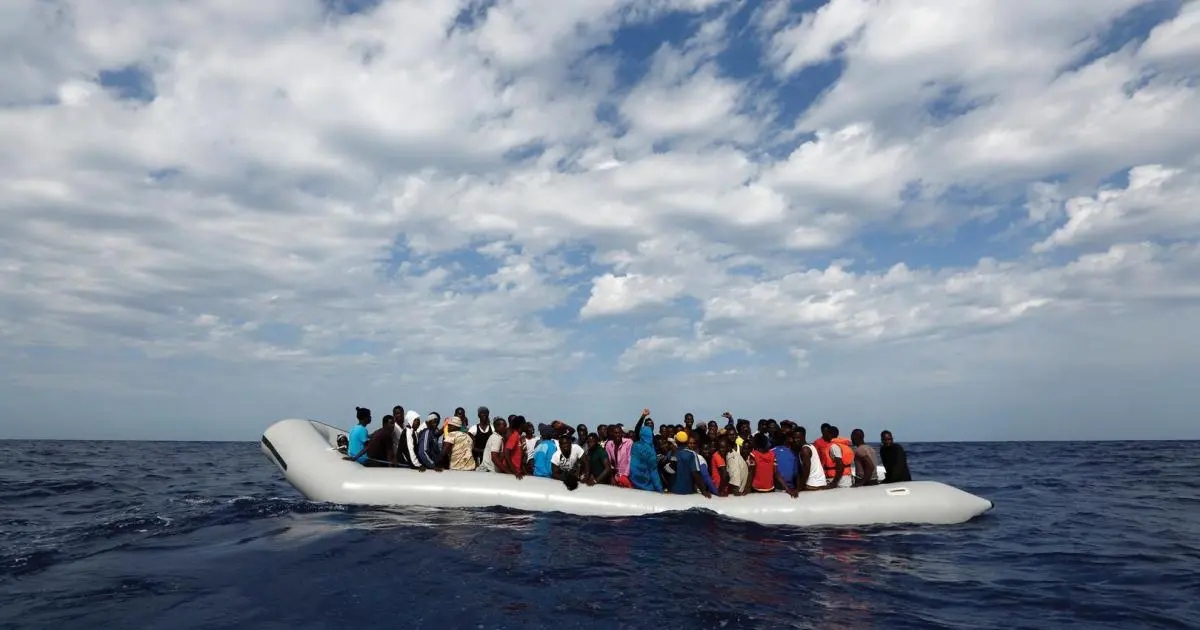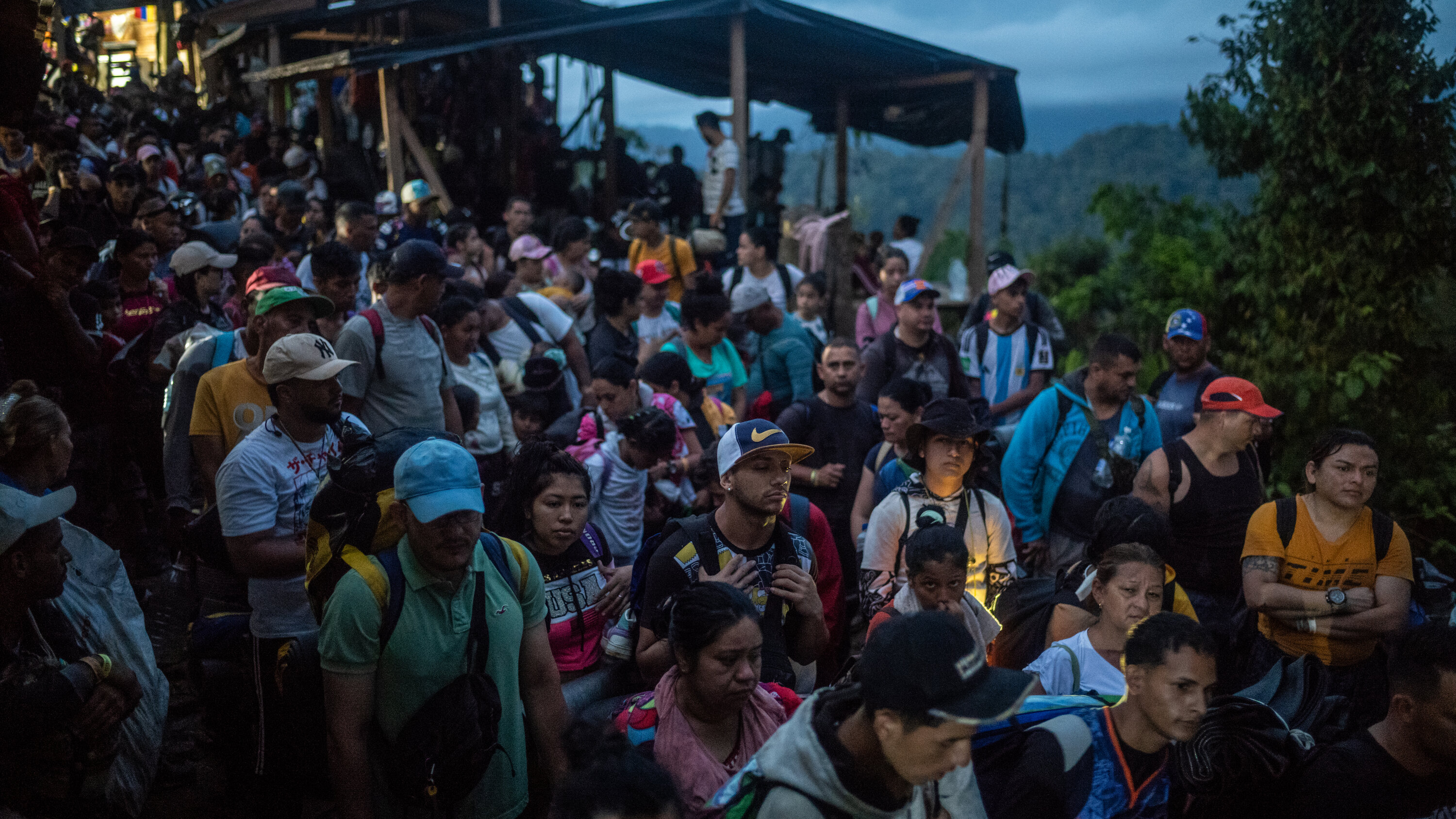Breaking the Cycle: Can Greece’s Illegal Pushback System Be
Stopped?
Over a year ago, a New York Times investigation revealed
asylum seekers, including children, being loaded into a van by masked men on
Lesvos, transferred to a Greek Coast Guard ship and abandoned in the sea. The
Turkish Coast Guard rescued the group after hours of drifting. Naima Hassan
Aden, a 27-year-old Somali woman clutching her six-month-old child, described
the terror: “We didn’t expect to survive on that day.” The perpetrators posed
as workers from Médecins Sans Frontières (MSF), and the Greek Coast Guard ship
involved was largely funded by the EU.
This shocking video removed the veil of plausible
deniability for Greek and EU authorities, revealing the systematic pushback of
asylum seekers and migrants to Turkey. These actions violate international law,
but they were an open secret for years. The European Commission called for an
independent inquiry, while Greek Prime Minister Kyriakos Mitsotakis defended
Greece’s migration policies despite ordering an investigation.
In October 2023, Hans Leijtens, the director of Frontex,
expressed hope that the Times video, which provided "hard evidence,"
would compel Greece to "step out of the cycle of violations."
Frontex, under previous director Fabrice Leggeri, was accused of complicity in
pushbacks, leading to Leggeri’s resignation.
Documenting Pushbacks
Returning to Lesvos nearly a year later, I sought to see if
anything had changed. In 2021, I spent four months on Samos documenting boat
landings for Aegean Boat Report, a website monitoring the Aegean Sea's situation
for seven years. Nearly 84,000 people have been pushed back to Turkey during
this time. On Samos, I witnessed exhausted, traumatized asylum seekers hiding
from authorities, often losing contact with them as authorities took their
phones before pushing them back.
To obscure pushbacks, Greece has intimidated and legally
challenged aid workers, volunteers, and journalists exposing the practice.
Recently, Greek authorities issued an arrest warrant for Tommy Olsen, head of
Aegean Boat Report. Tineke Strik, a European Parliament member, warned of
Greece's increasing backsliding on the rule of law.
MSF is the only NGO allowed to visit arrival points for
asylum seekers and migrants. Filip Marijnissen, MSF's project coordinator on
Lesvos, noted that masked individuals lurking around these locations became
less frequent after the Times investigation. Alice Kleinschmidt, an NGO worker in
Lesvos, reported seeing unlicensed vans less often but still occasionally.
Public Relations Show
Following the Times investigation, a fishing trawler
carrying 750 asylum seekers capsized in Greek waters, resulting in over 500
presumed deaths. Under scrutiny, the Greek Coast Guard began publicizing rescue
operations. Olsen, however, saw this as a PR campaign, noting that pushbacks
continued while some boats were rescued.
Shifting Trends
On Lesvos, increased Greek Coast Guard patrols near frequent
arrival points have caused new migration routes to emerge. Since March 2024,
smaller islands like Ikaria, Fournoi, and Patmos have seen more arrivals,
posing a problem due to fewer NGOs and legal support.
Developments in Turkey may also contribute to the reduction
in crossings. Asylum seekers and migrants reported being sent to detention
centers near Turkey's eastern border and pushed out of the country amid
diplomatic efforts to improve Turkey-Greece relations.
The Cycle of Violations Continues
Despite overwhelming evidence of wrongdoing by the Greek
Coast Guard, accountability remains elusive. A Greek news outlet reported that
a disciplinary investigation into the Times incident concluded without action.
Activist Fayad Mulla, who filmed the Times video, expressed little hope for
change, stating, "These crimes have been happening for years, and anyone
who wants to know, knows it."
Olsen believes that Frontex's actions are crucial. The
agency continues to support the Greek Coast Guard despite being aware of the pushback.
He argues, “As long as Frontex covers for the Greek authorities, it doesn't
matter how much evidence there is.” The question remains: What will it take to
end this cycle of violations?









.jpg)